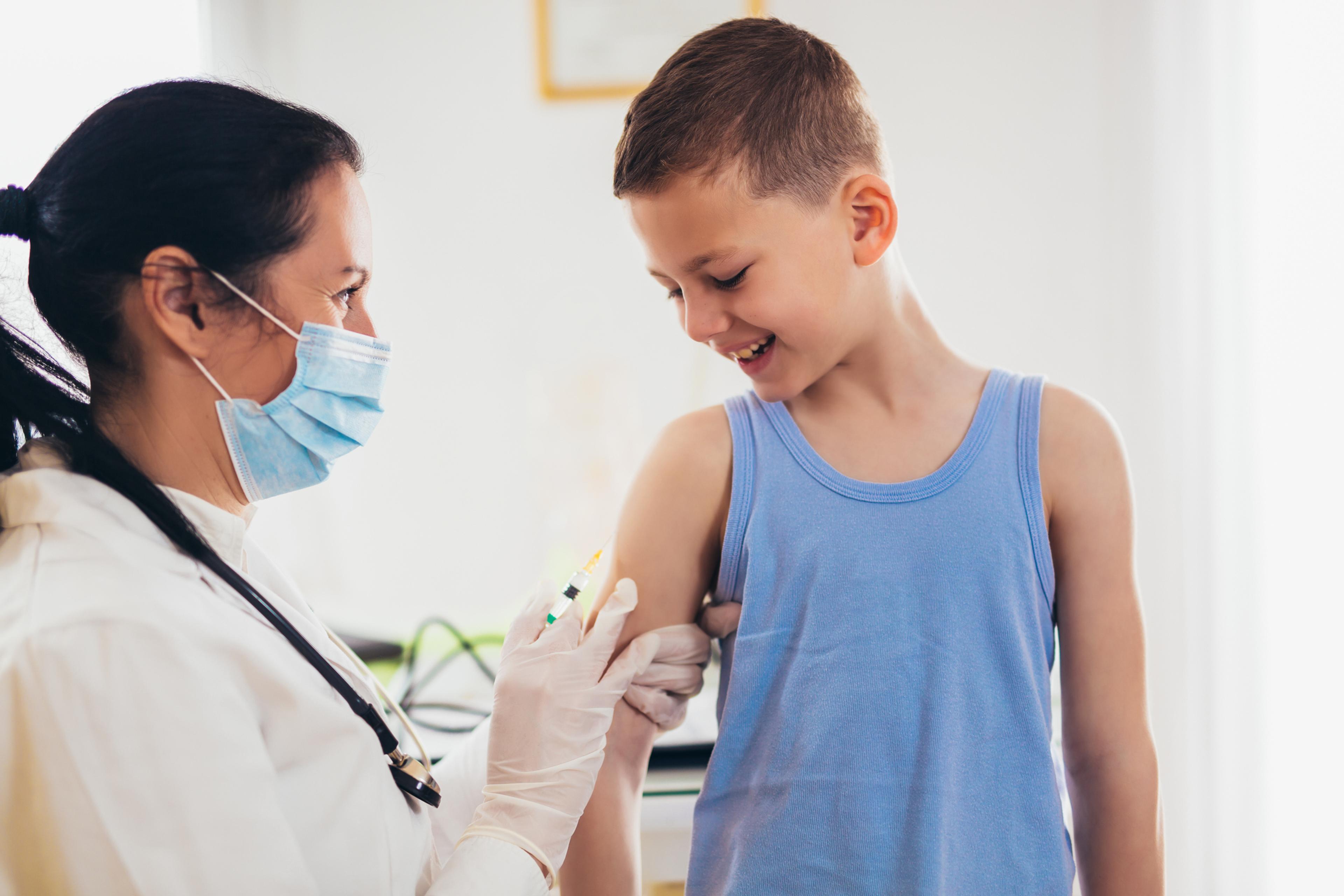Why Back to School is a Good Time to Get Vaccinated

Dr. Angela Seabright
| 3 min read
Dr. Angela Seabright, D.O., is a board-certified fam...

For households with children and young people preparing for the start of their school year, there’s often a laundry list of things to prepare at the last minute. For students in high school and under, families are occupied with buying school supplies, organizing practice schedules, stocking the pantry with snacks, and arranging for drop-off and pick-ups. For students returning to college – especially for those living on their own – there’s even more to buy, pack and plan for.
With all of this planning and preparation, it’s a good time to add one more important thing to your list: vaccines.
While it’s normal to have a seasonal cold every now and then, some germs can cause more serious illnesses. Luckily, there are vaccines available to help prevent dangerous diseases that can affect children and adults. Vaccines are there to help prepare your immune system for a sickness – not to treat the sickness itself. So, you need to give your body enough time to respond to the vaccine, which means getting it in advance.
It’s like studying for a test. If you give yourself the time to review the material well in advance, you will be able to recall the key facts when it comes time to take the test. Vaccines help the body to learn the antigen or germ and have enough time to strengthen and produce disease fighting antibodies.
Some vaccines children and young people need are on a set schedule based on their age. So, for example, the vaccines a two-year-old would need aren’t the same as the vaccines a 16-year-old would need. It’s best to talk with a child’s primary care provider about what they need at every age – usually at a wellness check or during an annual physical. If you haven’t scheduled an annual physical for your child this year, there’s no time like the present.
Other vaccines that children and young people need are seasonal, just as they are for adults. Flu shots are recommended every year. Make a plan to get your seasonal shot for the flu when it’s available – either at a pharmacy, a local clinic or at your health care provider’s office. Experts say it’s best to get your flu shot in September and October, and ideally everyone should be vaccinated against the flu by the end of October. But you can get it any time during flu season, which typically runs from October to February and may extend to as long as May.
Sicknesses from the flu virus and COVID-19 are always expected to start to increase in the fall, as people spend more time indoors in environments where germs can spread easily – like in a classroom. With hundreds of children and young people together every day, germs are sure to spread.
Also, talk to your health care provider to see if you’re due for a dose of the COVID-19 vaccine.
There’s another reason to get your vaccines at the beginning of the school year: to keep other students, staff, and their families healthy and safe. The more students that are vaccinated and have immunity against a disease, the less likely it is that the disease will spread through a classroom. This concept is called herd immunity. Herd immunity not only protects the students in the classroom, but it protects the teacher and staff at the school – as well as family members old and young at home.





